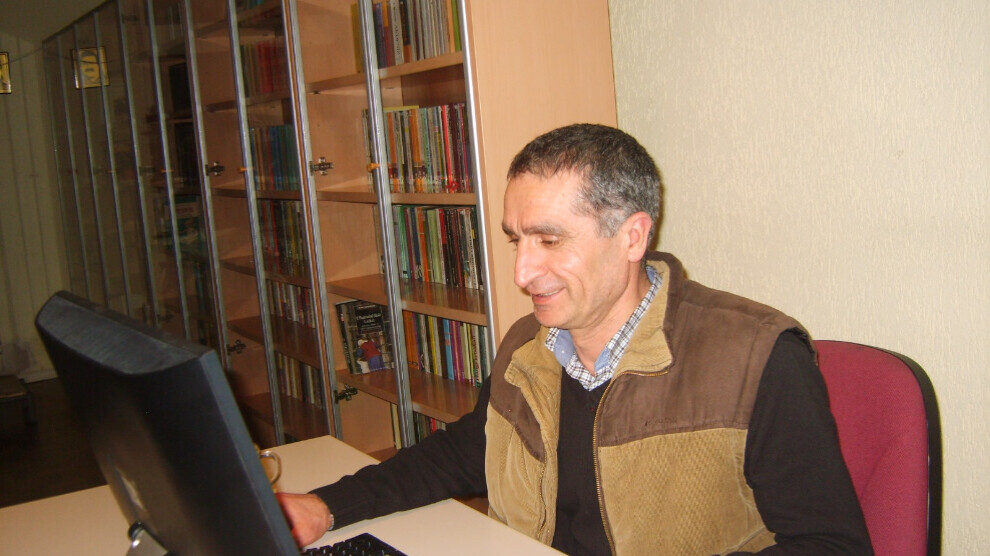A Kurdish journalist who has been under arrest in the Netherlands since May 23 and faces the risk of extradition to Germany has been released under judicial probation, the Amsterdam-based Fırat news agency reported.
Kurdish journalist Serdar Karakoç, who fled to the Netherlands more than two decades ago after reporting from Turkey’s restive southeast for years and was granted political asylum there, was detained by Dutch police on May 23 at his home in the Dutch town of Kerkrade.
He was subsequently arrested and sent to PI Sittard Prison.
German authorities are reportedly seeking his extradition due to his alleged links to the outlawed Kurdistan Workers’ Party (PKK), designated as a terrorist organization by Turkey and its Western allies.
Karakoç, who appeared in a Dutch court on Friday, was released on judicial probation, which includes bail of 5,000 euros, regularly checking in at a police station and a travel ban.
His release has come in the wake of a recent call from dozens of journalists, politicians, academics and rights activists who in an open letter called on Dutch authorities to release Karakoç and to not bow to Turkey’s demands aimed at criminalizing Kurdish dissidents overseas.
The signatories of the letter accused Germany of acting on orders from the Turkish government in seeking Karakoç’s extradition, while saying that they follow European politicians’ “bowing to Turkey’s” demands targeting Kurds with embarrassment.
The letter talked about how under very difficult circumstances Karakoç worked as a journalist in Turkey and survived a bomb attack on the Özgür Ülke (Free Country) newspaper in 1994 and had to leave Turkey in 2001 when it was no longer possible for him to continue his journalistic activities.
Karakoç successfully sought political asylum in the Netherlands, where he has been living for 23 years.
The signatories of the letter called for the immediate release of Karakoç, saying that pressure, legal harassment and attempts at intimidating the Kurdish journalist are “unacceptable.”
“Freedom of expression is one of the cornerstones of democratic societies, and we have to fight together to protect this freedom,” said the signatories of the letter.
Signatories included Professor Mithat Sancar, a member of the Turkish parliament from the pro-Kurdish Peoples’ Equality and Democracy Party (DEM Party); lawyer and human rights activist Eren Keskin; academics Joost Jongerden, Pınar Selek and Cengiz Aktar; famous Kurdish singer Şivan Perwer; journalists Can Dündar, Amberin Zaman and Hayko Bağdat; Kurdish politician Osman Baydemir; and Dutch journalist Frederike Geerdink.
Karakoç’s lawyer in Germany, Yener Sözen, who spoke to the Özgür Politika newspaper last week, said German authorities accuse the journalist of acting as the PKK executive responsible for the German states of Saarland and Rheinland Pfalz and the German city of Darmstadt between May 2017 and 2018 and levy charges under section 129b of the German criminal code, which concerns foreign criminal and terrorist organizations.
Sözen accused the German government of trying to criminalize Kurdish dissidents, following a policy of crackdown on the Kurds living in Europe and expecting the other EU countries to follow it.
Karakoç will appear in a Dutch court on July 24. The court might decide on his extradition to Germany. The court’s decision will not be final as the journalist will have the right to file an appeal.

